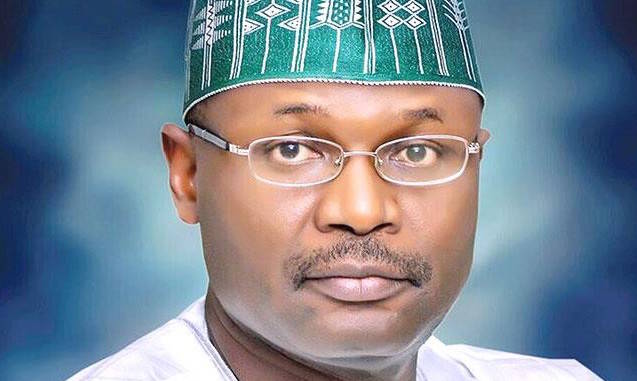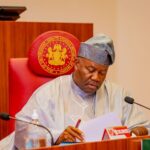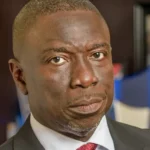Lawyers have expressed divergent views over the Independent National Electoral Commission’s (INEC) plans to continue with the governorship elections in Edo and Ondo states in the face of the COVID-19 pandemic.
The National Commissioner for Voter Education and Publicity of INEC, Festus Okoye, had said the electoral umpire would release guidelines for the elections on June 1, 2020.
Okoye explained that Section 178 (1 and 2) of the Nigerian Constitution and Section 25 (7 and 8) of the Electoral Act 2010 empowered INEC to conduct elections at a specific period, and that not doing so would lead to constitutional crisis.
READ: COVID-19: INEC postpones Bayelsa, Imo, Plateau by-elections
INEC had fixed Edo and Ondo governorship elections for September 19, 2020, and October 10, 2020 respectively. The electoral body and political parties had suspended preparation for the governorship polls following the outbreak of COVID-19.
Reacting, a lawyer, Hamid Ajibola Jimoh, said the doctrine of necessity could be invoked to postpone the elections since majority of the voters would stay away due to the COVID-19 pandemic, noting that, “The constitution had envisaged a situation where the country is at peace.”
In the same vein, Obioma Ezenwobodo Esq. said Section 26 of the Electoral Act 2019 gave INEC the power to postpone an election where there was an emergency.
Ezenwobodo explained that Section 178(1) of the Nigerian Constitution gave INEC power to determine the date of election to the office of a governor of a state, adding that Sub-Section 2 stipulated that such postponement could only be on a date not earlier than 159 days and not later than 30 days before the expiration of the term of office of the last holder of that office.
National assembly’s doctrine of necessity to the rescue?
He said the only second way election could be postponed was by the National Assembly; relying on the doctrine of necessity, to extend the tenures of the current governors by six months at any one time and thereby automatically postponing the election.
He further said, “Despite all these powers, it is submitted that INEC can postpone election due to emergency. Example: the COVID-19 pandemic, but it must be in accordance with the provisions of Section 178(1) and (2) of the constitution.
“This submission is anchored on the fact the constitution did not anticipate a disease pandemic as a factor in postponing election to the office of a governor.
“The only factor contemplated by the constitution is in Section 180(3) that provides for postponement of elections where the federation is at war and the president considers that it is not practicable to hold elections. In such an instance, the National Assembly may by resolution extend the period of four years from time to time, but no such extension shall exceed six months at any one time.”
However, another lawyer, Ali Zubair, said the elections could not be postponed in Edo and Ondo states to avoid a constitutional crisis.
Zubair explained that the emergency situation prescribed in the constitution for such postponement was war, adding that there was no declaration of state of emergency in Edo and Ondo.
He said elections could go on with strict compliance with the safety guidelines such as observing distance, face masks and hand sanitisers.
Zubair further said, “Although a ban on inter-state movement has been proclaimed by the Federal Government, people can still be allowed to move if they show proof that they are moving to Edo or Ondo for the elections.”

 Join Daily Trust WhatsApp Community For Quick Access To News and Happenings Around You.
Join Daily Trust WhatsApp Community For Quick Access To News and Happenings Around You.


